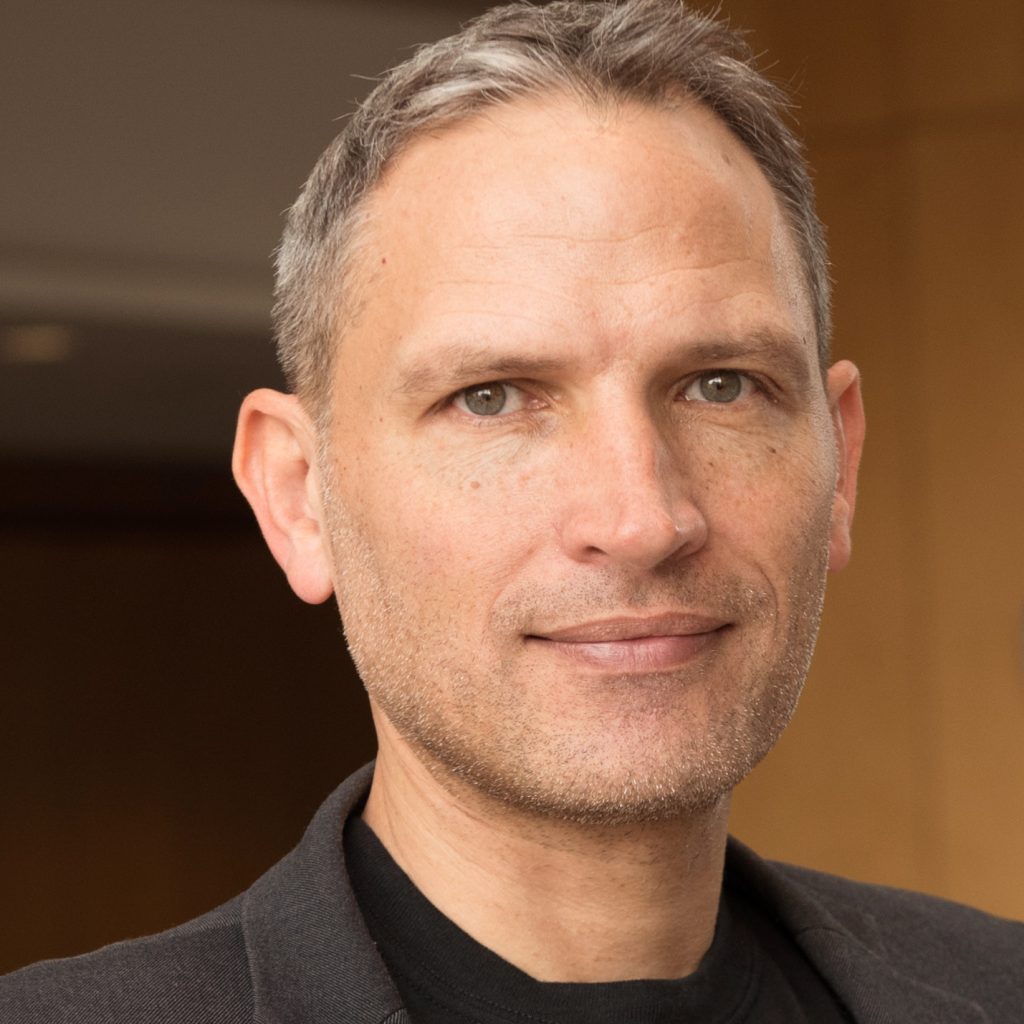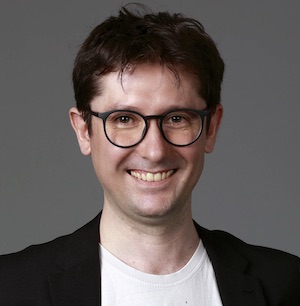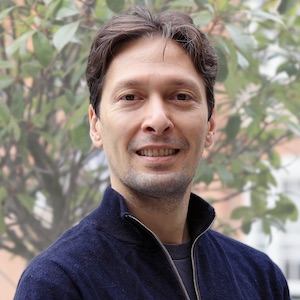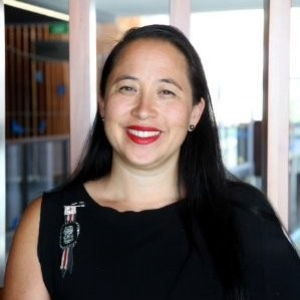Abundant Intelligences Integration Series: Epistemological Foundations Conversation 04
Neuroscience, AI, and Indigenous Knowledge
The Epistemological Foundations Conversations feature members of the Abundant Intelligences research team sharing how the knowledge frameworks in their field are constructed, validated, and employed. Our fourth EF Conversation featured Melanie Cheung, Karim Jerbi, and Ōiwi Parker Jones, with moderation by Guillaume Dumas and hosting by Ceyda Yolgörmez. Discussion centered around Neuroscience, AI, and Indigenous Knowledge.
Integrating Indigenous Knowledges with the knowledge systems that underlie AI research is fraught with epistemic challenges. Fundamental questions about what counts as knowledge, how we validate that knowledge, and how we act on it become acute when such different frameworks for engaging the world come into relationship with one another. For instance, much Indigenous Knowledge resides in cultural practices such as stories and songs, with an insistence on retaining the complexity of lived experience. This can make them seem unruly when viewed from a Western scientific framework that prioritizes climbing a ladder of abstraction to reach simple universal principles. A major goal of the Conversation Series is to address these discrepancies so as to synchronize expertise, methodologies, and goals that reside within the Abundant Intelligences Research Program.
Epistemological Foundations Conversation Series
This only shows up because there is something written in the Epistemological Foundations Conversation Series’ category’s description.
Event
Impact
Co-investigator Feature
Conference / panel
Speakers:
Karim Jerbi
Guillaume Dumas
Oiwi Parker Jones
Melanie Cheung
Ceyda Yolgörmez
Date:
2024-07-10
Location:
Canada
Featured People

Karim Jerbi
Karim Jerbi is a professor at the Psychology department of the University of Montreal. He is Canada Research Chair in Computational Neuroscience and Cognitive Neuroimaging and heads UNIQUE, the Quebec-wide Neuro-AI research center. He is also associate professor at Mila (the Quebec AI research institute). Dr Jerbi holds a PhD in Cognitive Neuroscience and Brain Imaging from the Pierre & Marie Curie University in Paris and a biomedical engineering degree from the University of Karlsruhe (Germany). His research lies at the crossroads between cognitive, computational and clinical neuroscience. The specific goal of the research conducted in his lab is (1) to elucidate the role of neural oscillations and large-scale neural communication in cognition (incl. decision-making, attention, consciousness, creativity), and (2) to investigate brain network alterations in psychiatric and neurological disorders. The multidisciplinary research conducted in his laboratory combines brain imaging techniques, such as magnetoencephalography (MEG), scalp- and intracranial electroencephalography (EEG) with advanced signal processing, modeling and data analytics including machine learning. Dr Jerbi also has a keen interest in the convergence between neuroscience, AI and art, as well as the promotion of justice in and outside science.
Karim Jerbi is CRC (Tier 2) in Computational Neuroscience and Cognitive Neuroimaging and Director of UNIQUE Neuro-AI Research Center at UdM. He will contribute expertise exploring the intersection between cognitive, computational, and clinical neuroscience, as well as how knowledge frameworks from different cultural contexts affect our understanding of intelligent action.

Guillaume Dumas
Guillaume Dumas is an Associate Professor of Computational Psychiatry in the Faculty of Medicine at the Université de Montréal, and the Principal Investigator of the Precision Psychiatry and Social Physiology laboratory at the CHU Sainte-Justine Research Center. He holds the IVADO professorship for “AI in Mental Health”, and the FRQS J1 in “AI and Digital Health”.
He held a previous appointment as a permanent researcher in Neuroscience and Computational Biology at the Institut Pasteur (Paris, France). Before that, he was a postdoctoral fellow at the Center for Complex Systems and Brain Sciences (FAU, USA). He holds an engineering degree in advanced engineering and computer science (École Centrale Paris), two MSc degrees (theoretical physics, Paris-Saclay University; cognitive science, ENS/EHESS/Paris 5), and a PhD in cognitive neuroscience (Sorbonne University).
His research aims at cross-fertilizing AI/ML, cognitive neuroscience, and digital medicine through an interdisciplinary program with two main axes:
— AI/ML for Mental Health, creating new algorithms to investigate the development of human cognitive architecture and to deliver personalized medicine in neuropsychiatry using data from genomes to smartphones.
— Social Neuroscience for AI/ML, translating basic brain research and dynamical systems formalism into neurocomputational and machine learning hybrid models (NeuroML) and machines with social learning ability (Social NeuroAI & HMI).
Dr Dumas has co-created the first graduate course in computational medicine at Université de Montréal. He also participates in numerous projects at the interface between science and society, from raising awareness about altered states of consciousness (co-founder of Alius Research, 2007) and open science (co-founder of HackYourResearch, 2012) to advising governments about AI (expert for the two French AI national strategic plans) and fighting for cognitive freedom (twice invited expert at the United Nations Human Rights Council).
He will contribute his expertise in cross-fertilizing AI/ML, cognitive neuroscience, and digital medicine to explore AI for Mental Health, and Social Neuroscience for AI.

Oiwi Parker Jones
Dr. Oiwi Parker Jones leads the Neural Processing Lab (PNPL) in the Department of Engineering Science at the University of Oxford. His primary research interest is in the development of effective non-invasive Brain Computer Interfaces (BCIs) for people who cannot speak. This includes basic research on speech and language in the brain, and the development of powerful new deep learning methods for neural data.
When he has spare compute cycles, Oiwi also works on Automatic Speech Recognition for the Hawaiian language, which he grew up speaking as part of the Pūnana Leo O Hilo, Kula Kaiapuni O Keaukaha, and Nāwahīokalaniʻōpuʻu.
Oiwi completed a DPhil at the University of Oxford focused on Natural Language Processing (NLP) for low-resource languages. He further trained as a postdoc in Imaging Neuroscience at UCL and Oxford, and in Applied Artificial Intelligence in Oxford. Previously, he was a lecturer in Medicine at St Peter’s College, Oxford, and is currently Hugh Price Fellow in Computer Science at Jesus College, Oxford, and one of seven Principal Investigators at the Oxford Robotics Institute.

Melanie Cheung
Melanie Cheung (Māori) is research director for Te Puna Ora o Mataatua. She brings expertise in neuroplasticity, cognitive processing, neuroplasticity-based therapeutics and Kaupapa Māori biomedical science.
Melanie Cheung brings expertise in neuroplasticity, cognitive processing, neuroplasticity-based therapeutics and Kaupapa Māori biomedical science.

Ceyda Yolgörmez
Ceyda Yolgormez is a Postdoc at the Indigenous Futures Research Cluster, working in the Abundant Intelligences Research Program. Her PhD work brought together social theory and interactive technologies, such as large machine learning models or social robots, to consider how our conceptions of the social are changing. Her PhD dissertation proposes a framework for a sociology of machines that reimagines human-machine relations. Her research looks at playful and creative engagements with machines as a site to explore and experiment with human machine socialities, and is interested in methodologies that reveal and trouble the common-sensical way in which we understand such relations.
